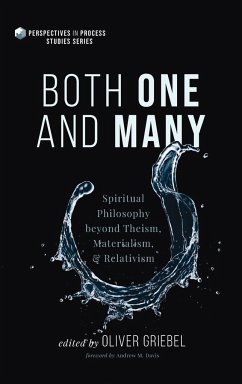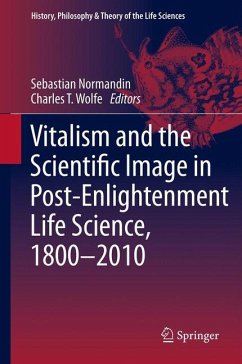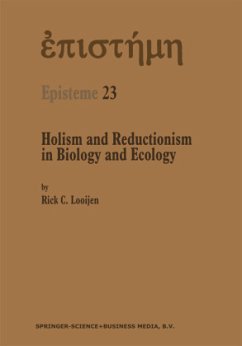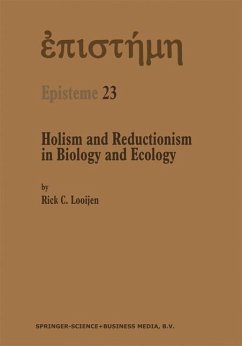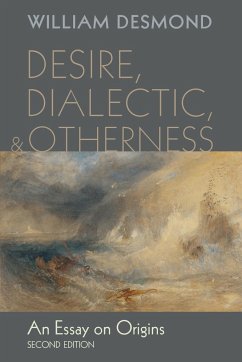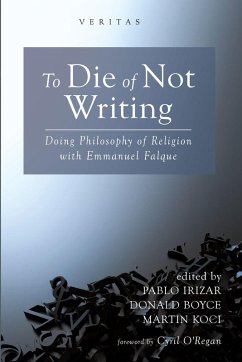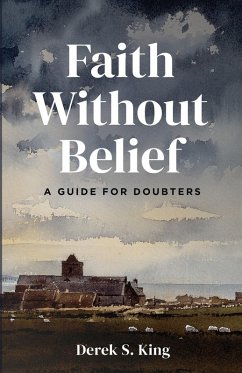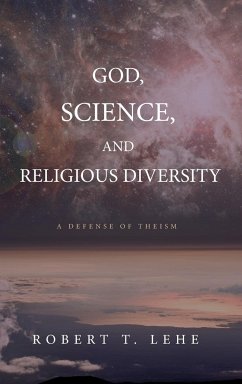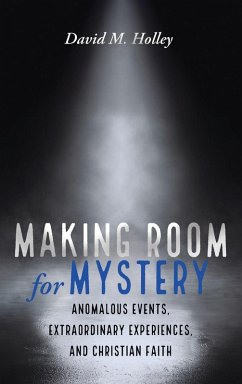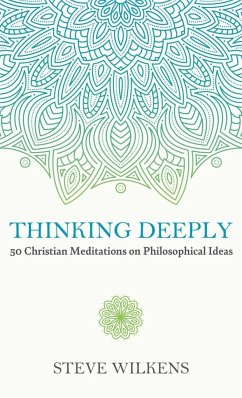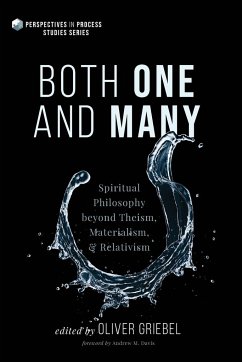
Both One and Many
Spiritual Philosophy beyond Theism, Materialism, and Relativism
Versandkostenfrei!
Versandfertig in 1-2 Wochen
29,99 €
inkl. MwSt.

PAYBACK Punkte
15 °P sammeln!
Meister Eckhart might have liked it. Indeed, many-one thinking is the idea that there is the one ultimate origin, coherence, spirit of it all . . . but not without a multitude and diversity emerging within, which is the evolving universe with planets like Earth, with its biosphere and humankind, with you and me living in it. The Many-One is thought of as the whole of the cosmos complementing and entangled with all its parts, as beings inside Being and Being inside beings, as the Creator and "his" co-creating creatures. The both-one-and-many idea takes a strong stance against any ultimate eithe...
Meister Eckhart might have liked it. Indeed, many-one thinking is the idea that there is the one ultimate origin, coherence, spirit of it all . . . but not without a multitude and diversity emerging within, which is the evolving universe with planets like Earth, with its biosphere and humankind, with you and me living in it. The Many-One is thought of as the whole of the cosmos complementing and entangled with all its parts, as beings inside Being and Being inside beings, as the Creator and "his" co-creating creatures. The both-one-and-many idea takes a strong stance against any ultimate either-or-reduction, against isms of all sorts. Being unity and plurality and duality all at once, the Many-One is neither monistic nor pluralistic nor dualistic in any way. Inside this broad frame, it is open for many specific approaches, not least those represented in this volume, which are cosmic holism, cultural-spiritual-evolution thought, Higher-We, integral thinking, the Metaphysics of Adjacency, panentheism, process theology, and transpersonal-participatory thinking. However, the many-one idea also chimes in with approaches not sampled here, like Roy Bhaskar's Critical Realism, Edgar Morin's Complex Thought, or metamodernism.



